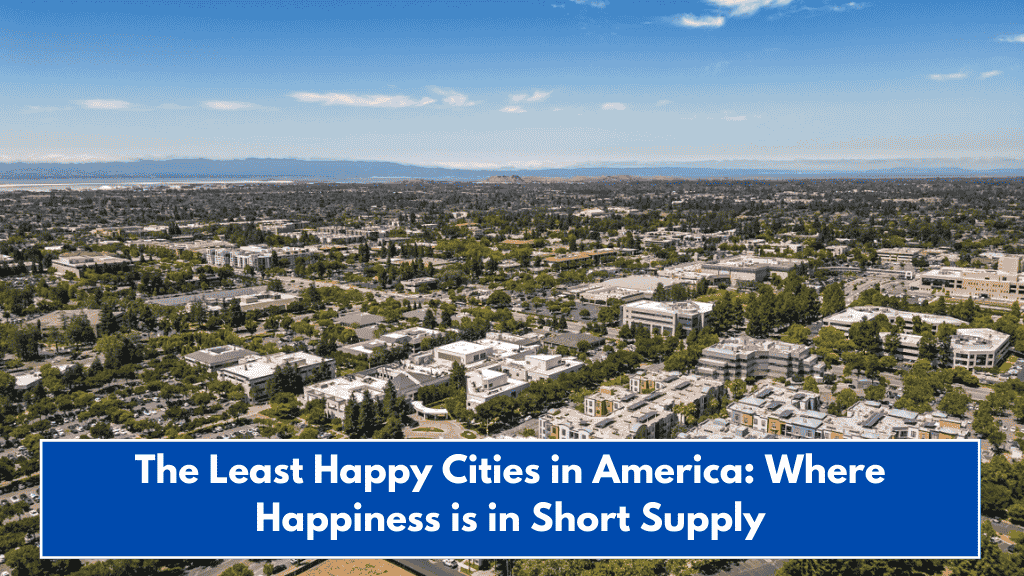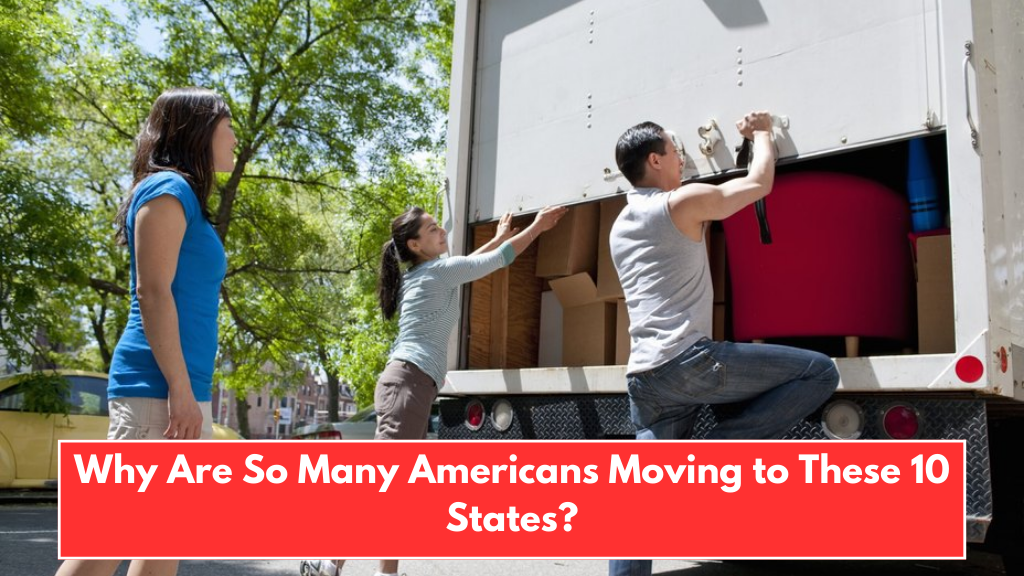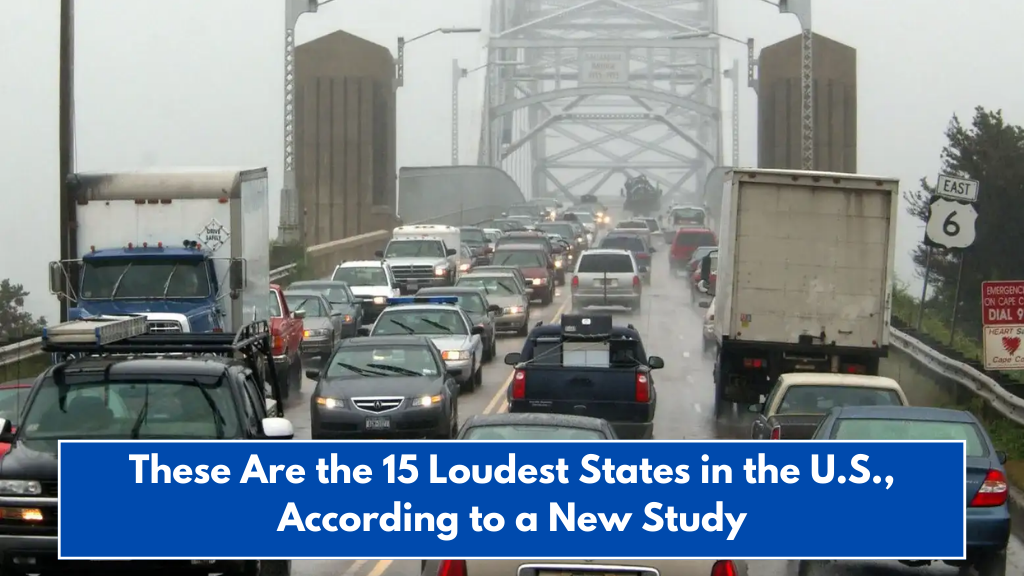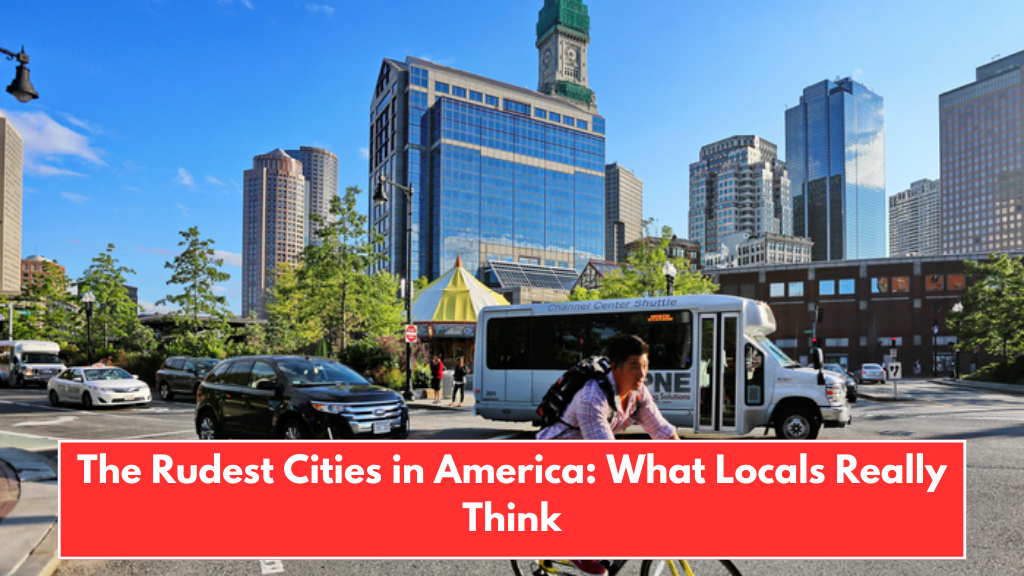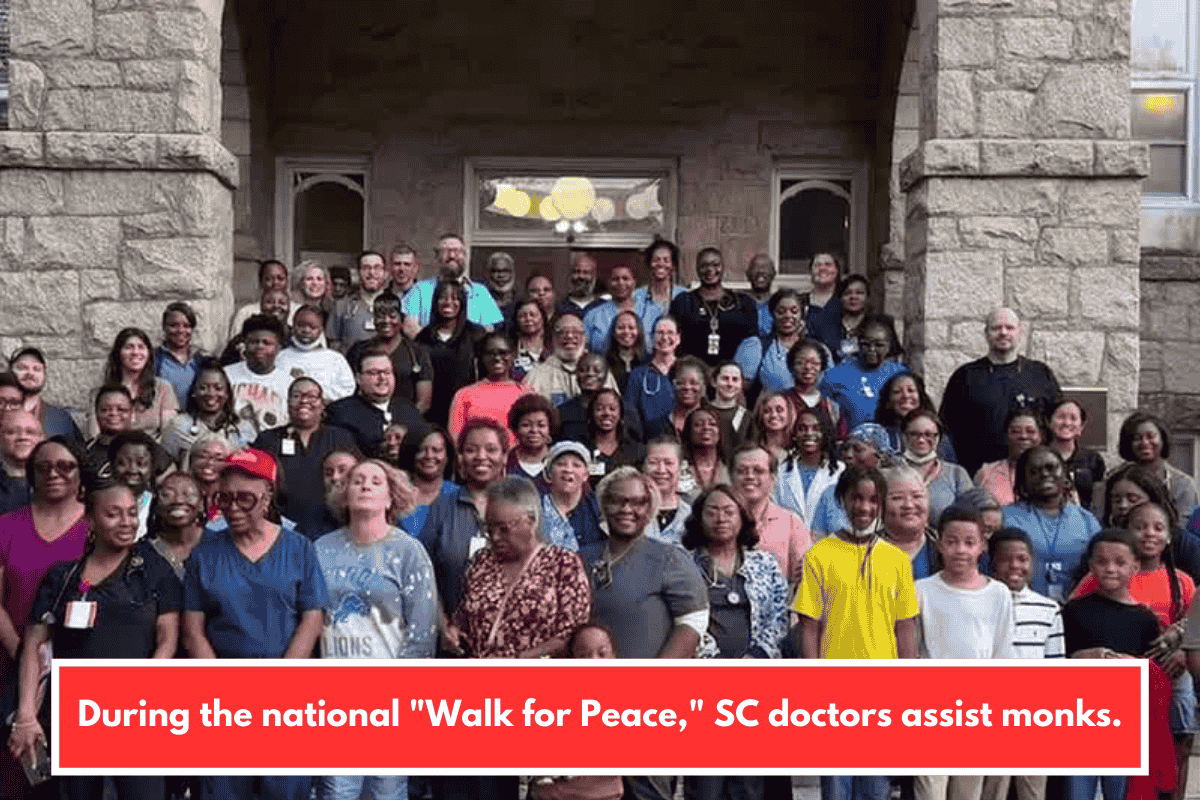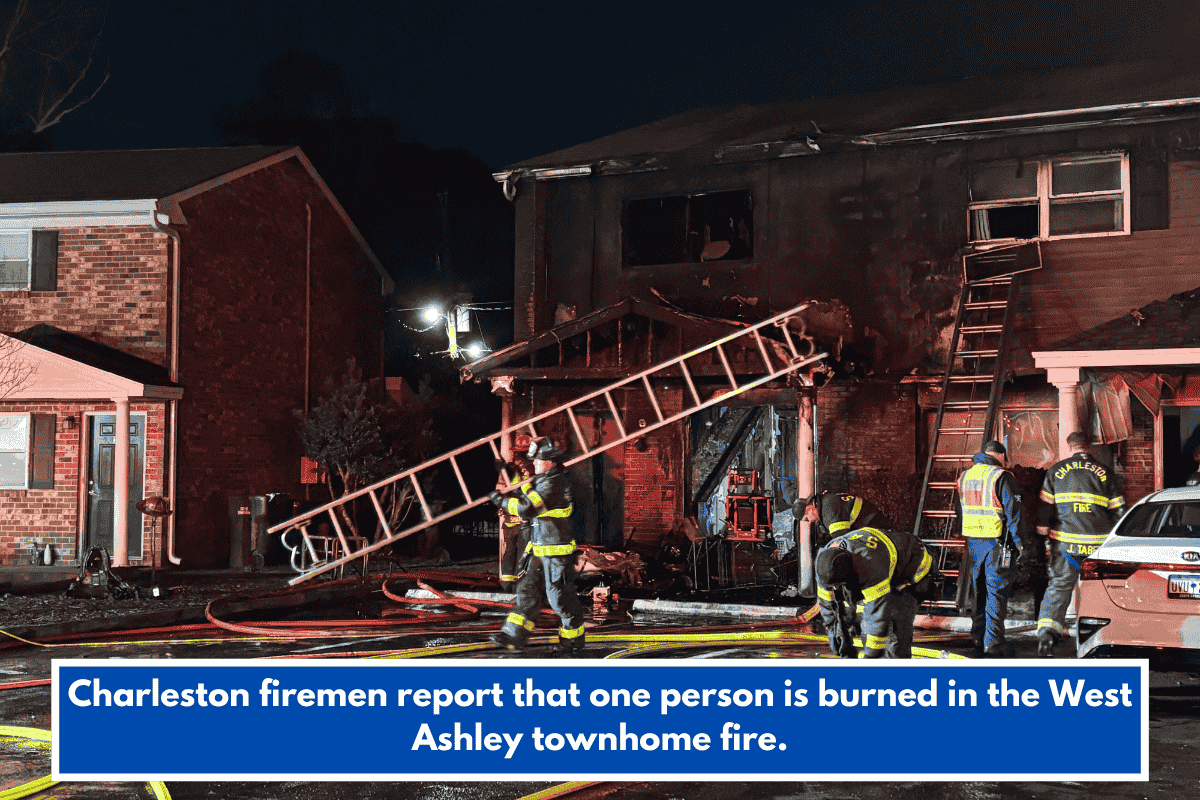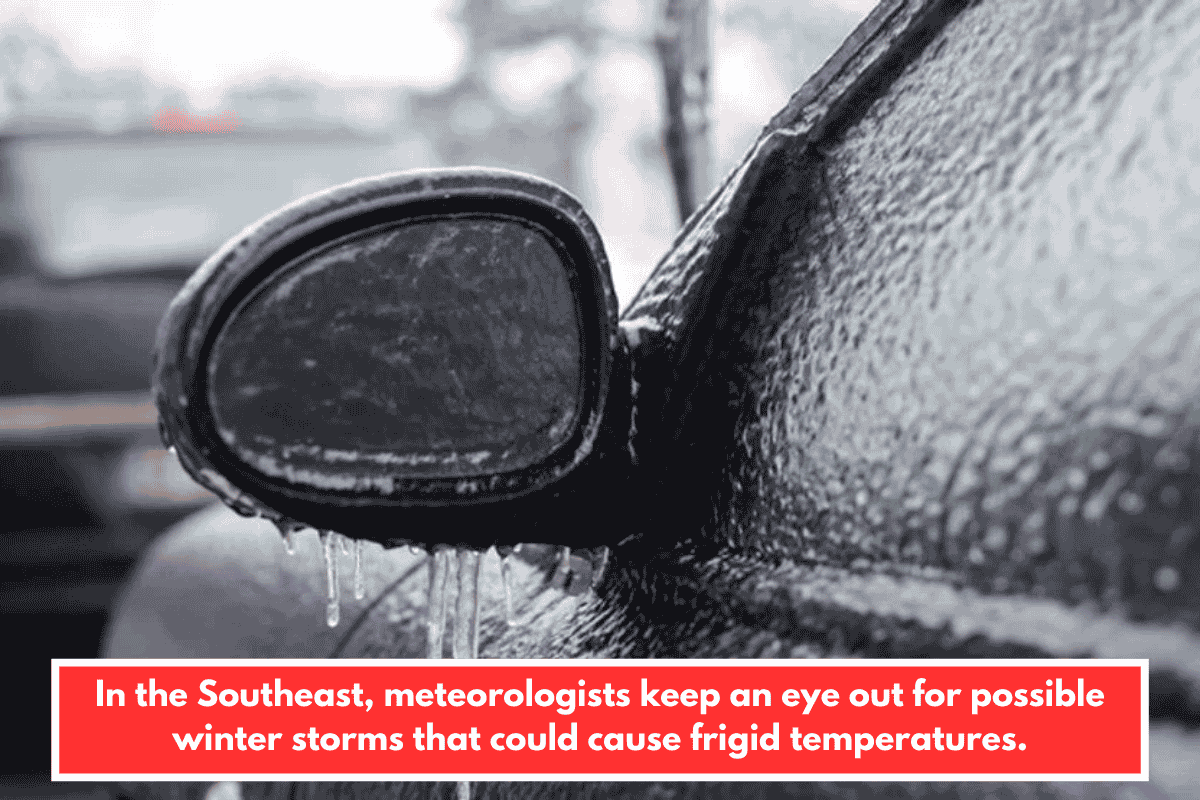While happiness is often said to come from within, studies show that external factors like environment, income, and community play a significant role in our well-being. WalletHub’s recent study analyzed 182 major American cities to determine which ones ranked lowest for happiness. By looking at various metrics, including emotional well-being, income and employment, and community and environment, the study revealed the cities where residents are less likely to report happiness. Let’s take a look at the 20 least happy cities in America.
Measuring Happiness: What Makes Us Happy?
Measuring something as complex as happiness is no easy feat, but WalletHub took on the challenge with a comprehensive study. They focused on 29 metrics, divided into three major categories: Emotional & Physical Well-Being, Income & Employment, and Community & Environment. These categories helped determine the overall happiness score of each city, with lower scores indicating cities that rank poorly for happiness.
Some key subcategories included:
- Emotional & Physical Well-Being: depression rates, life satisfaction, life expectancy, and sleep quality.
- Income & Employment: job satisfaction, unemployment rate, share of households earning above $75,000, and bankruptcy rates.
- Community & Environment: crime rates, divorce rates, ideal weather, and general environmental factors.
The following rankings represent the cities with the lowest happiness scores, meaning they scored poorly in one or more of these areas.
The 20 Least Happy Cities in America
Starting with the unhappiest city, here are the cities where residents are less likely to feel happy:
- Detroit, Michigan
Detroit has long struggled with high unemployment, economic instability, and poor infrastructure, which reflect in its low happiness score. - Cleveland, Ohio
Cleveland’s issues with crime, a high divorce rate, and low income among residents make it one of the least happy cities in the country. - Birmingham, Alabama
With a high rate of divorce, unemployment, and a lack of job satisfaction, Birmingham ranks poorly for happiness. - New Orleans, Louisiana
Despite its vibrant culture and history, New Orleans struggles with crime, inadequate healthcare, and low income, impacting its happiness score. - Memphis, Tennessee
Memphis faces high rates of unemployment and poverty, leading to a general lack of satisfaction among residents. - St. Louis, Missouri
Crime rates and an overall lack of opportunity for many St. Louis residents contribute to its low happiness ranking. - Detroit, Michigan
Known for its economic struggles, high crime rates, and low life satisfaction, Detroit is one of the unhappiest cities in America. - Jackson, Mississippi
Jackson faces economic challenges, high crime, and a lack of community services, all of which reduce its residents’ happiness. - Baltimore, Maryland
Baltimore struggles with high crime rates, a low median household income, and other social issues that hinder happiness. - Chicago, Illinois
High crime, a high cost of living, and economic inequality contribute to Chicago’s relatively low happiness levels. - Indianapolis, Indiana
Although Indianapolis has a relatively affordable cost of living, the high rates of unemployment and crime make it one of the unhappiest cities in the U.S. - Atlanta, Georgia
Atlanta’s happiness score is dragged down by high crime rates, traffic congestion, and economic disparities across the city. - Kansas City, Missouri
Kansas City faces similar challenges, with high crime, low job satisfaction, and poor community environments affecting overall happiness. - Louisville, Kentucky
Louisville struggles with economic challenges and high crime, and residents face issues with life satisfaction. - Pittsburgh, Pennsylvania
Despite improvements in its economy, Pittsburgh still faces a high cost of living and issues like poverty, lowering its happiness score. - Phoenix, Arizona
Phoenix has a high cost of living, traffic problems, and limited community resources, making it a less happy place to live. - Houston, Texas
Houston’s residents face high crime rates, air pollution, and economic inequality, which negatively affect their overall happiness. - Las Vegas, Nevada
While Las Vegas offers entertainment and nightlife, its residents face financial instability, high crime, and low life satisfaction. - Miami, Florida
Miami’s high cost of living, crime rates, and the difficulty of securing affordable healthcare reduce happiness levels among its residents. - Tampa, Florida
Like other large cities in Florida, Tampa faces issues with affordability, crime, and a high divorce rate, making it one of the least happy cities.
Why Does Location Matter for Happiness?
Studies have shown that factors like income and environment play a critical role in determining happiness. Cities with higher crime rates, poor health care systems, and economic instability often rank low for happiness because these challenges affect the overall well-being of their residents. Additionally, communities with fewer job opportunities or high levels of poverty tend to see lower levels of life satisfaction.
On the flip side, cities with more stable economies, lower crime rates, and greater access to community resources generally rank higher for happiness. Fremont, California, the happiest city in the study, is an example of how a thriving economy and a focus on emotional well-being can create a more positive environment for residents.
The Role of Money in Happiness
WalletHub’s study also highlights the impact of income on happiness. Americans earning above $75,000 per year tend to have higher rates of happiness, but beyond that threshold, additional income doesn’t seem to significantly affect overall happiness. The key to happiness, according to the study, lies not only in wealth but in having access to a supportive community, good health, and job satisfaction.
A City’s Impact on Well-Being
Although happiness often starts from within, the environment in which you live plays a significant role. Cities that struggle with crime, economic instability, and poor community resources can significantly lower the overall happiness of their residents. On the other hand, cities that provide access to a healthy, supportive environment, stable job opportunities, and low crime rates tend to see higher levels of happiness. If you’re looking to boost your happiness, living in a city that prioritizes well-being and offers the right resources can make all the difference.

